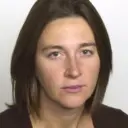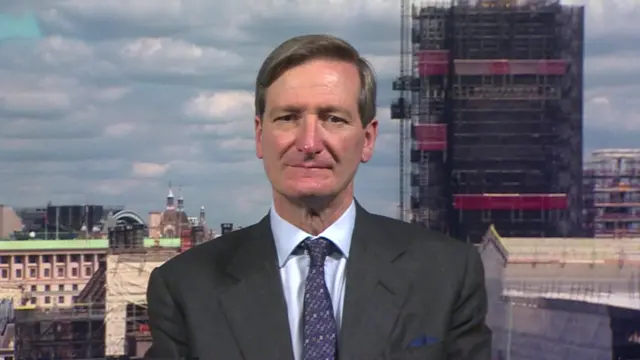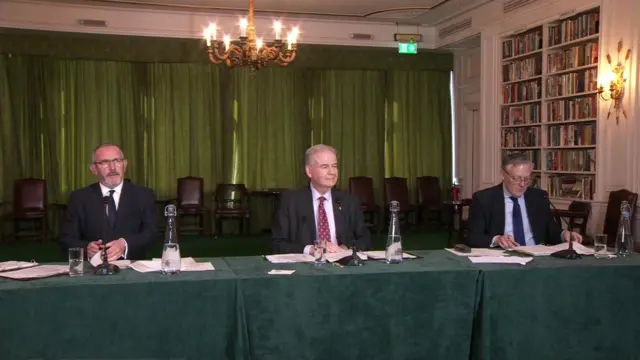Russia report: what happened today?published at 13:30 BST 21 July 2020
The Intelligence and Security Committee in Parliament have published the long-awaited report into Russian interference in UK elections and referendums.
What were the conclusions?
- The report criticised lack of action from the government, for failing to investigate possible Russian interference in the Scottish independence and Brexit referendums
- The committee said the government shouldn't blame intelligence agencies, after potential problems were not investigated and pursued by successive governments following the 2014 Scottish independence referendum
- The report called for "immediate action", but said the government was "playing catch-up" after failing to act sooner
- Foreign Secretary Dominic Raab has said the government will be "resolute in defending our country"
- Shadow foreign secretary Lisa Nandy said the report is "quite damning" and accused the government of acting too slowly
- The Russian foreign ministry has called the report "Russophobia"
- Dominic Grieve, former chair of the committee, said he was "frustrated" and angry over how long it had taken the report to be published
- Julian Lewis, the new chair of the committee, said such a delay in publication "must never happen again".
That's where we leave our coverage of the report's publication.
You can continue to read more about the report here: Russia report: UK 'playing catch up' against Russian interference
Thanks for joining us.




